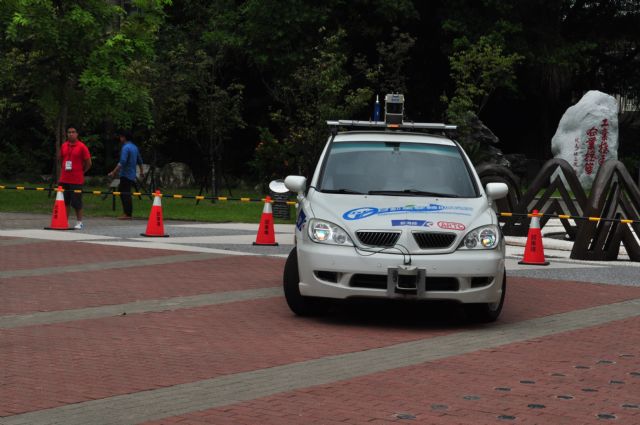Autonomous Vehicle Market Still Faces Challenges: ABI Research
2014/10/15 | By Quincy Liang
Being one of the hottest trends in the global automotive industry with many international companies having announced road tests in different nations, the development of autonomous vehicles still faces challenges ahead.
“Legislation and liability issues and uncertainties are expected to remain the main obstacles for autonomous vehicles becoming widely adopted in the next decade," says vice president and practice director Dominique Bonte, ABI Reserach. "Current autonomous vehicle legislation is fragmented, with rulemaking often passed on a local, less competent level due to the lack of national or international guidance, for example from NHTSA (U.S.) or the EU. However, the recently amended UN convention on Road Traffic is a notable exception, though the condition the driver should at all times be able to override or switch off autonomous features precludes fully driverless vehicles,”
In the United States, California is leading the way by not only having approved legislation for testing but also preparing rules for commercially operating autonomous vehicles on public roads. Isolated initiatives in other regions such as Sweden and Japan are largely related to projects by car brands Volvo and Nissan. However, governments in the United Kingdom and Singapore are actively promoting autonomous driving as a key future intelligent transportation technology.
Closely linked with the lack of legislation, the uncertainty surrounding liability keeps many car OEMs from aggressively pushing autonomous technology, many of which are already heavily involved in recall related liability cases, fearing autonomous driving will further shift liability from the driver to the car maker, ABI Research says. The role of governments will be critical, especially for proposing and regulating liability limiting and/or sharing mechanisms, including taking on some of the liability themselves, especially where cooperative vehicle-to-x (V2X) systems are involved, to reduce legal exposure of the industry which threatens to stifle innovation.
While the emergence of autonomous vehicle technology is very visible and dramatic, it is just one example of the more general automation trend in the wider Internet of Things (IoT) across a large number of industries including energy, transportation, healthcare, telecommunications, aviation, smart buildings and the military sector which will face similar legislation and liability questions. It represents a huge challenge and opportunity for both public law makers and private legal practices, ABI Research concludes.

